Rickie Fowler stands as one of the most recognizable and beloved figures in professional golf—not just for his accomplishments on the course, but for the way he transformed golf culture itself. From his colorful fashion statements that challenged traditional golf attire to his genuine personality that connected with fans across generations, Fowler has built a career that transcends statistics and trophies. His journey from Southern California motocross enthusiast to Oklahoma State champion to PGA Tour star represents a compelling narrative about perseverance, authenticity, and redefining what it means to be a professional golfer in the modern era.
While critics sometimes focus on what Fowler hasn’t achieved—specifically, a major championship victory—this perspective overlooks the remarkable career of a golfer who has competed at elite levels for over 15 years, accumulated six PGA Tour victories, represented his country in international competition, inspired countless young golfers to pick up the sport, and maintained relevance through ups and downs that would have derailed lesser competitors. This comprehensive exploration examines Rickie Fowler’s complete career story, from his amateur foundations through professional triumphs and challenges, while analyzing his lasting impact on professional golf and athlete recognition in educational institutions.
Why Rickie Fowler's Career Story Matters
Rickie Fowler represents a unique case study in professional athletics—a player who achieved sustained excellence without capturing golf's ultimate prizes, yet whose influence on the sport rivals that of major champions. His career demonstrates that athletic legacy encompasses more than championship totals, including cultural impact, fan connection, competitive consistency, and the ability to inspire future generations. For schools and universities celebrating professional athlete alumni, Fowler's story illustrates how digital recognition systems like Rocket Alumni Solutions can tell complete career narratives that honor sustained excellence across multiple dimensions beyond just championship victories.
Early Life and Amateur Foundations
Understanding Rickie Fowler’s professional career requires examining the developmental experiences that shaped his competitive approach and distinctive personality.
Southern California Roots and Motocross Influence
Born on December 13, 1988, in Murrieta, California, Rick Yutaka Fowler grew up in a region where action sports and outdoor recreation defined youth culture. His early athletic passion focused on motocross racing rather than golf, and this unconventional foundation profoundly influenced his approach to golf and personal style.
Motocross culture emphasized bold colors, individual expression, and aggressive competition—elements that seemed antithetical to golf’s traditional country club conservatism. Yet Fowler seamlessly integrated these influences into his golf identity, eventually bringing motocross’s energy and visual excitement to professional golf in ways that attracted new audiences to a sport struggling to connect with younger demographics.
His motocross background also instilled fearlessness in competition and comfort with risk-taking that would characterize his golf style. The sport’s inherent danger and split-second decision-making translated into an aggressive approach on the golf course where Fowler never shied from challenging pins, attacking difficult courses, or taking on low-percentage shots when situations demanded bold play.
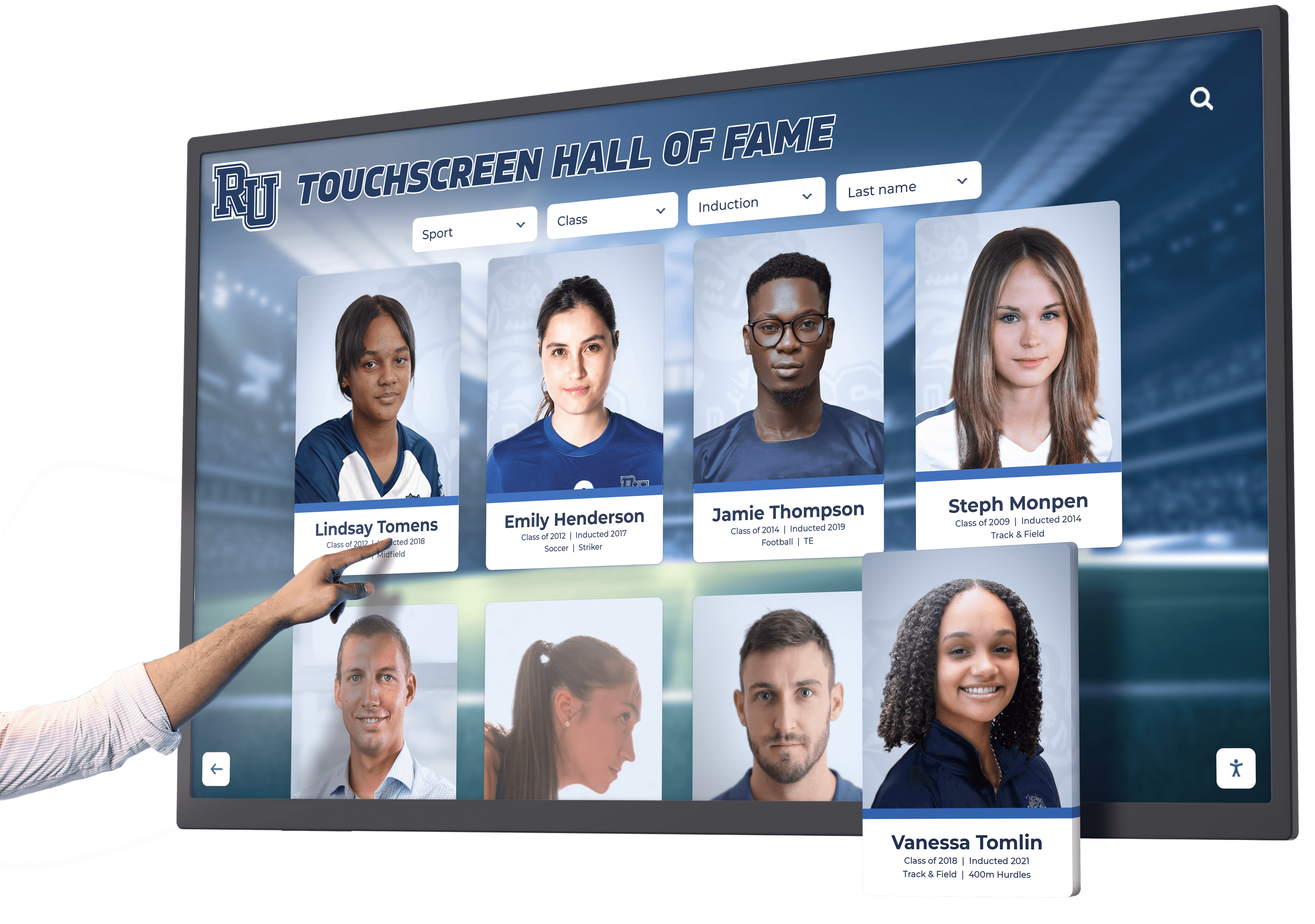
Junior Golf Development
While motocross occupied much of his youth, Fowler also developed serious golf skills through junior programs in Southern California’s competitive golf environment. The region has produced numerous PGA Tour professionals, creating a development culture where talented juniors constantly competed against future professional peers.
Fowler’s junior career demonstrated the talent that would eventually reach professional ranks. He won prestigious junior tournaments including the Western Junior in both 2005 and 2006, establishing himself among the nation’s elite young golfers. These victories earned him recognition that would facilitate his collegiate recruitment and position him for amateur success.
The Sunnehanna Amateur in 2008 represented another significant amateur achievement, demonstrating his readiness for higher competitive levels. By this point, Fowler had established himself as one of America’s top amateur prospects with professional potential clearly evident to coaches and scouts evaluating young talent.
World Amateur Number One
Perhaps Fowler’s most significant amateur accomplishment was reaching the number one position in the World Amateur Golf Ranking, which he held for 36 weeks during 2007 and 2008. This achievement placed him atop global amateur golf, competing against talented players from every golf-playing nation for ranking supremacy.
The world number one ranking validated Fowler’s talent on an international scale and positioned him as one of the most anticipated American amateur prospects in years. It also brought pressure and expectations that he would need to manage as he transitioned to professional competition where amateur accolades guarantee nothing.
During this period, Fowler represented the United States in prestigious international amateur competitions including two Walker Cup appearances in 2007 and 2009, where he posted remarkable records. In the 2009 Walker Cup at Merion Golf Club, Fowler went undefeated with a 4-0 record, leading the USA to victory in the biennial competition between amateur golfers from the United States and Great Britain and Ireland.
The Oklahoma State Years: College Golf Excellence
Fowler’s decision to attend Oklahoma State University proved transformative both for his development and for the Cowboys’ golf program.
Arriving in Stillwater
Oklahoma State boasted one of college golf’s most successful programs, having won multiple NCAA championships and produced numerous PGA Tour professionals. Head coach Mike Holder (who later became the university’s athletic director) had built a program culture emphasizing both competitive excellence and player development that prepared golfers for professional careers.
Fowler arrived in Stillwater with tremendous expectations as one of the nation’s top recruits. Rather than crumbling under pressure, he immediately validated the hype by contributing to team success while establishing himself as one of college golf’s elite individual competitors.
The Cowboys’ program provided Fowler with structured development, competitive experience against top collegiate players, and exposure to high-pressure situations that would prepare him for professional golf. The team-oriented environment also taught him about contributing to collective success rather than focusing solely on individual achievement—a perspective that would serve him well in Ryder Cup and Presidents Cup competition.
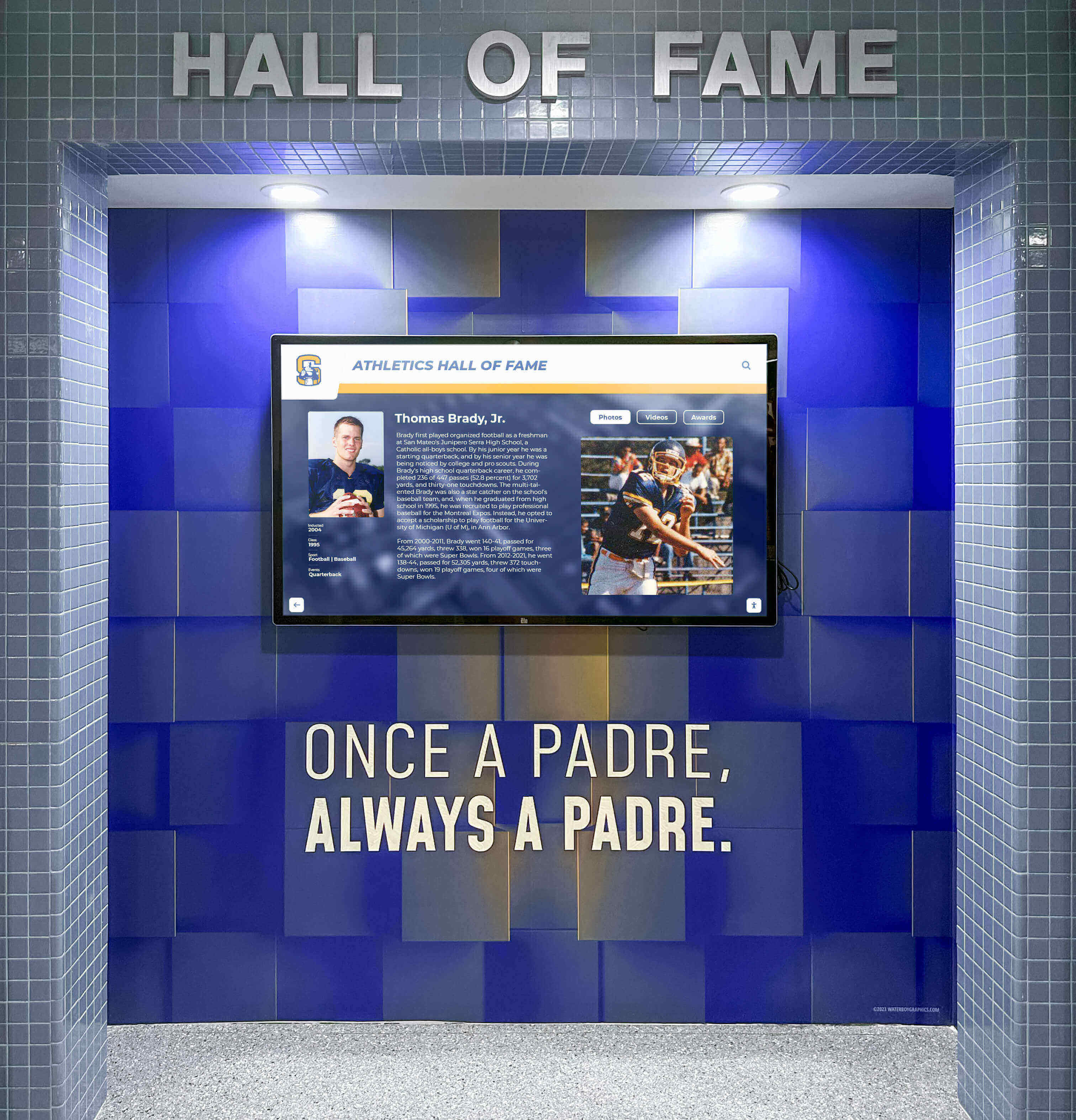
Historic Ben Hogan Award Achievements
In 2008, Fowler became the first freshman in NCAA history to win the Ben Hogan Award, which recognizes college golf’s top men’s player. This unprecedented achievement for a first-year player demonstrated that Fowler competed at levels beyond typical freshman development, immediately establishing himself among college golf’s elite regardless of class year.
Remarkably, Fowler won the Ben Hogan Award again in 2009, becoming just the second player ever to win the prestigious honor multiple times. These back-to-back awards confirmed his status as the dominant force in college golf during his time at Oklahoma State and one of the most accomplished college golfers in NCAA history.
The Ben Hogan Awards represented more than individual recognition—they validated Fowler’s decision to attend college rather than turning professional immediately after high school. Many elite junior golfers face pressure to bypass college and pursue professional careers quickly, but Fowler’s collegiate success demonstrated the value of developing within structured university programs before facing professional competition.
Leading the Cowboys to National Championship Glory
In 2010, Fowler’s final season at Oklahoma State, the Cowboys captured the NCAA Championship, providing the perfect capstone to his college career. The team victory represented the culmination of years of development, team building, and competitive growth, and it gave Fowler a championship experience before turning professional.
College team championships create bonds and memories that individual professional victories cannot replicate. Fowler’s experience celebrating with teammates, coaches, and the Oklahoma State community provided grounding in what competitive success truly means beyond personal achievement and financial rewards.
For Oklahoma State, Fowler’s career represented a golden era for the program that continues to resonate with current Cowboys golfers who see his professional success as evidence of what their program can develop. His jerseys hang in athletic facilities, his accomplishments feature in professional athlete recognition displays, and his legacy influences recruiting as the program competes for elite junior golfers evaluating their college options.
Professional Career Launch and Early Success
Fowler turned professional in 2009 following his spectacular college career, immediately facing the challenge of translating amateur excellence into professional success.
Rookie Season Breakthrough
Rather than struggling through the typical professional adjustment period, Fowler earned PGA Tour status through qualifying and immediately demonstrated he belonged among golf’s elite. His rookie season in 2010 produced results that exceeded even optimistic expectations, establishing him as one of the tour’s most exciting young prospects.
The most remarkable aspect of Fowler’s rookie campaign wasn’t a victory but rather sustained excellence across golf’s biggest stages. This consistency, particularly in major championships, would become a hallmark of his early career and source of both admiration and frustration.
Fowler also competed in his first Ryder Cup in 2010, earning a captain’s pick that made him the youngest American Ryder Cup player of all time at 21 years and 9 months when competition began. This selection represented extraordinary faith in a player still finding his way on the PGA Tour, and Fowler validated that confidence by contributing to the American team effort despite the U.S. ultimately losing to Europe.
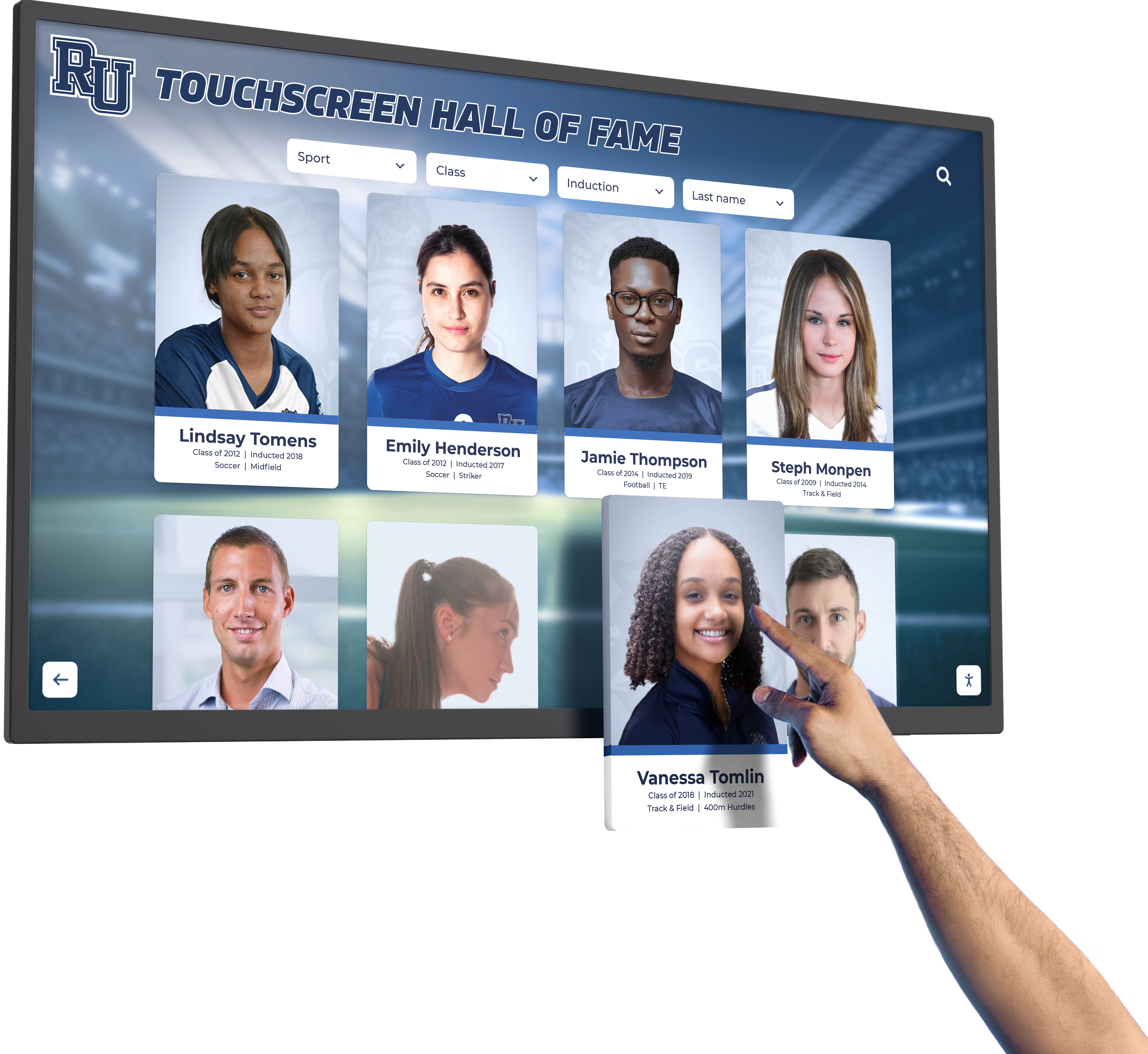
The Historic 2014 Major Championship Season
Fowler’s 2014 season established him as one of golf’s premier players through a feat that had only been accomplished twice before—finishing in the top five in all four major championships in a single calendar year. Only Jack Nicklaus and Tiger Woods, arguably the two greatest golfers in history, had previously achieved this level of sustained major championship excellence in one season.
The Masters Tournament: In April, Fowler tied for fifth at Augusta National, demonstrating the precision and course management required to contend at golf’s most exclusive venue. His performance announced that he would be a factor in major championships throughout the year.
U.S. Open at Pinehurst No. 2: In June, Fowler finished as runner-up alongside Erik Compton at -1, eight strokes behind champion Martin Kaymer. While the margin seems substantial, finishing second at a U.S. Open represents extraordinary achievement in golf’s most demanding test of complete game excellence.
The Open Championship: In July at Royal Liverpool, Fowler again finished second behind Rory McIlroy, who was in the midst of a dominant season. Coming so close to major championship victory twice in one summer created narratives about Fowler’s ability to close in golf’s biggest moments—discussions that would persist throughout his career.
PGA Championship at Valhalla: Despite holding the lead for significant portions of the final round, Fowler tied for third as Rory McIlroy captured his second consecutive major championship. The near-miss at the season’s final major completed Fowler’s historic year while intensifying questions about when he would breakthrough for his first major victory.
The 2014 season demonstrated Fowler’s ability to compete with golf’s best players on the biggest stages while falling just short of ultimate victory. Some observers focused on the near-misses as evidence of championship limitations, while others recognized that consistently contending in majors over a full season requires extraordinary talent that most professional golfers never achieve.
Peak Professional Years and Notable Victories
Following his breakthrough 2014 major season, Fowler established himself as a consistent PGA Tour winner, even if the elusive major championship remained beyond his grasp.
The PLAYERS Championship Victory (2015)
In May 2015, Fowler captured The PLAYERS Championship at TPC Sawgrass, often called golf’s “fifth major” due to its field strength, course difficulty, and prestige. The victory represented his most significant professional achievement to that point and validated his status among golf’s elite players.
The PLAYERS Championship tests every aspect of a golfer’s game across TPC Sawgrass’s demanding layout, which features the iconic island-green 17th hole where tournaments are won and lost. Fowler’s victory demonstrated mental toughness, shotmaking creativity, and the ability to handle pressure that defines champions in golf’s biggest events.
This victory also silenced critics who questioned whether Fowler could win golf’s most important tournaments against the strongest fields. While The PLAYERS isn’t technically a major championship, many within golf consider it equivalent in difficulty and significance, making Fowler’s triumph a statement victory that enhanced his career legacy.
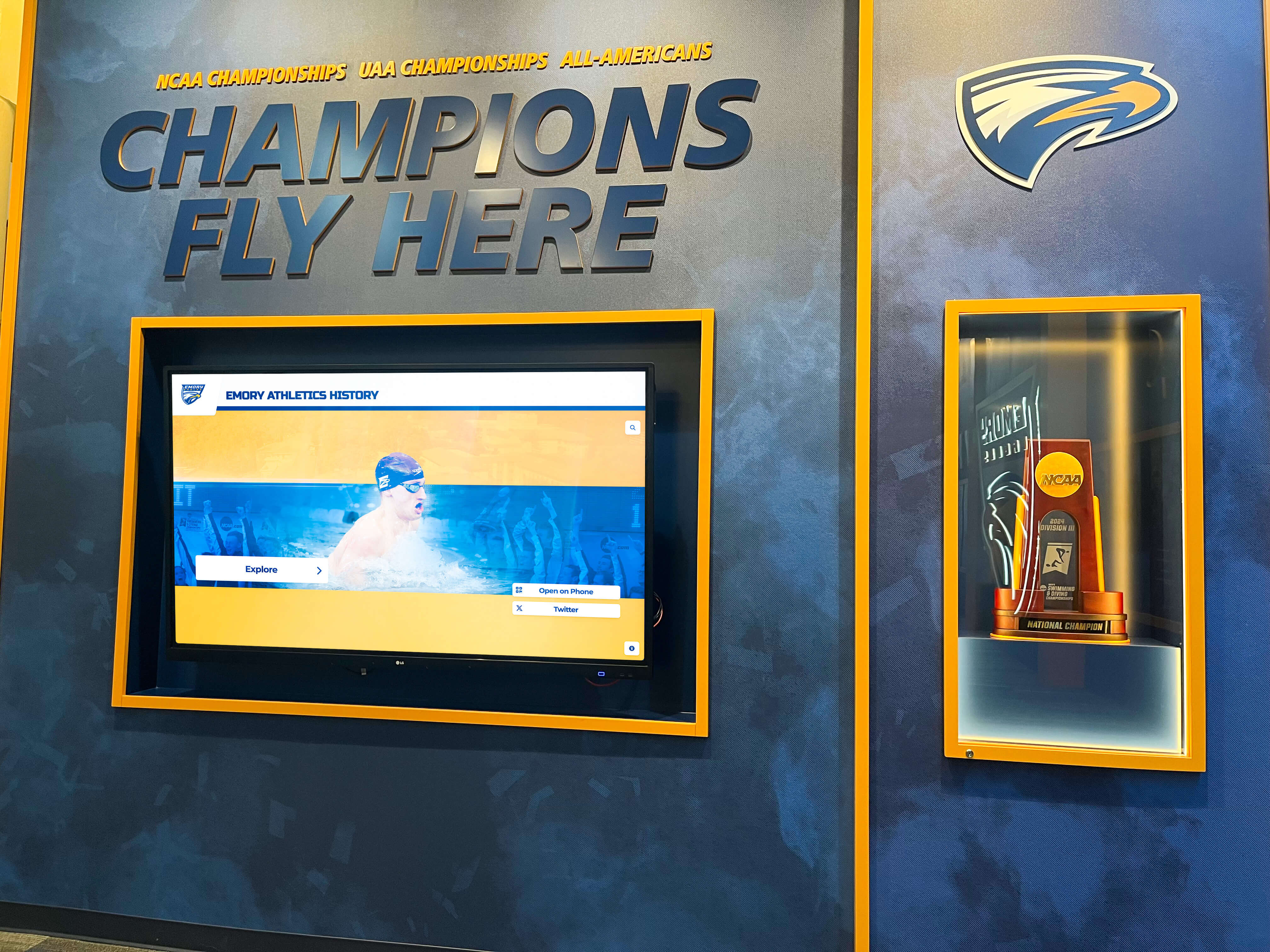
Additional PGA Tour Victories
Beyond The PLAYERS Championship, Fowler accumulated five additional PGA Tour victories that demonstrated his ability to win across different course types, competitive circumstances, and career stages:
Wells Fargo Championship (2012): His first PGA Tour victory came at Quail Hollow Club, breaking through in his third professional season and announcing his arrival as a tour winner rather than just a promising prospect.
Deutsche Bank Championship (2015): Coming shortly after his PLAYERS victory, this win in the FedEx Cup Playoffs demonstrated his ability to perform in the season’s most important stretch when championship implications intensified pressure.
Honda Classic (2017): This victory ended a two-year winless drought and demonstrated Fowler’s resilience in overcoming challenges and returning to victory after struggles that plague all professional golfers at various points.
Phoenix Open (2019): This popular desert event showcased Fowler’s appeal with fans as he won one of the tour’s most attended tournaments before enormous galleries that created college football-like atmospheres.
Rocket Mortgage Classic (2023): After a four-year victory drought—his longest as a professional—Fowler’s return to the winner’s circle demonstrated perseverance and the ability to rebuild his game after extended struggles. This victory proved particularly significant as many had written off his competitive relevance following years without winning.
International Team Competition Excellence
Beyond individual victories, Fowler distinguished himself as one of America’s most reliable team competitors in Ryder Cup and Presidents Cup matches where national pride intensifies competitive pressure:
Ryder Cup Appearances: 2010, 2014, 2016, 2018, and 2023 selections demonstrated consistent excellence at levels required for team representation and trust from captains selecting competitors for these high-pressure matches.
Presidents Cup Appearances: 2015, 2017, and 2019 selections provided additional opportunities to represent the United States in international team competition against International teams featuring golf’s best non-European players.
Fowler’s team competition record demonstrated his ability to perform under different pressure dynamics than individual stroke play tournaments present. The match play format, team dynamics, and national representation create unique psychological challenges that some excellent individual competitors struggle to handle, yet Fowler thrived in these environments throughout his career.
For schools and universities celebrating professional athlete alumni, comprehensive digital recognition systems can showcase these diverse achievements including team competitions that might receive less attention than individual victories but represent equally significant career accomplishments.
Major Championship Near-Misses and the Legacy Question
No discussion of Rickie Fowler’s career can avoid addressing his major championship record—or lack thereof. Despite consistent contention, Fowler has yet to capture one of golf’s four major championships, a fact that shapes how his career is perceived and debated.
The Masters Tournament (2018): Closest Call
Fowler’s best major championship finish came at the 2018 Masters, where he finished second to Patrick Reed with a 72-hole score of 14-under-par (274), just one stroke behind the champion. This represented his closest approach to major championship victory and demonstrated he could contend at Augusta National across all four rounds.
The narrow margin intensified discussions about Fowler’s major championship credentials. Coming within one shot of achieving his career-defining goal while playing exceptional golf throughout the week made the near-miss particularly difficult to process. Yet finishing second at the Masters represents an achievement that 99.9% of professional golfers never accomplish, providing perspective on how remarkable even major championship runner-up finishes truly are.
The U.S. Open: Record-Setting Performances
At the 2023 U.S. Open at Los Angeles Country Club, Fowler etched his name in major championship history by shooting 62 in the opening round—becoming just the fourth golfer ever to shoot 62 in a major championship. This historic round demonstrated his capability of producing golf at the absolute highest level when competing in majors.
Earlier, at the 2017 U.S. Open at Erin Hills, Fowler carded a first-round 65 to take the opening lead, equaling the lowest first-round score in U.S. Open history. These performances show that Fowler possesses the talent to dominate major championship golf, even if he hasn’t sustained that excellence across all four rounds to capture victory.
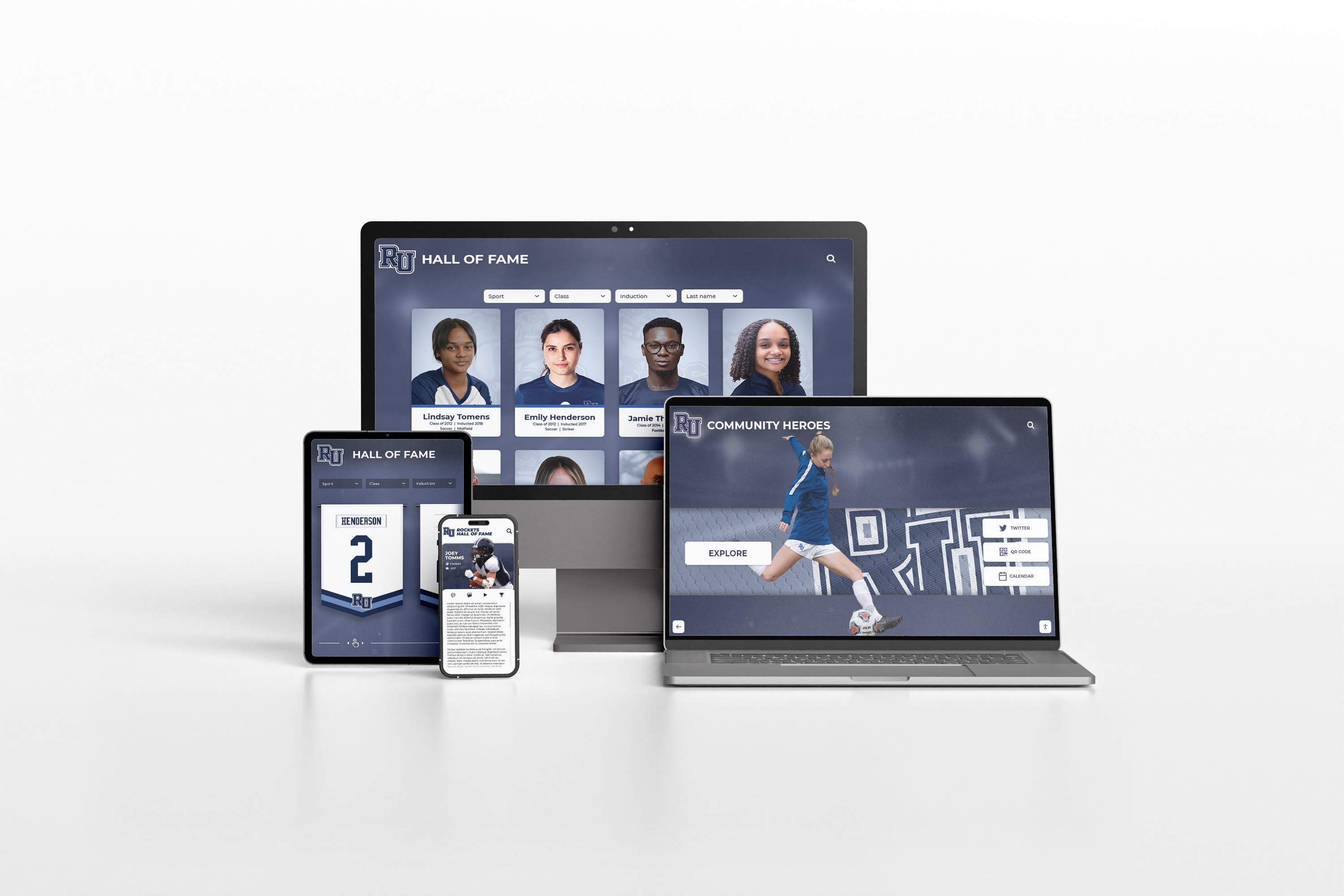
Perspective on Major Championships
The focus on Fowler’s lack of major championship victories, while understandable, risks overshadowing a career that includes sustained excellence across 15+ professional seasons, six PGA Tour victories including The PLAYERS Championship, consistent major championship contention over multiple years, representation of the United States in international team competition, and cultural impact that transcends tournament results.
Many exceptional professional golfers never win a major championship. The four majors represent just 16 opportunities per four-year span out of approximately 180 PGA Tour events during that period. Winning majors requires talent, but also timing, luck, and peak performance coinciding with major championship weeks—a combination that eludes most tour professionals regardless of ability.
Fowler’s consistent contention in majors actually distinguishes him from peers rather than representing a failure. Most professional golfers never seriously contend in a major championship. Fowler has been in position to win multiple majors, including finishing second at the Masters and in the mix at numerous other major championships throughout his career. This level of consistent major championship competitiveness represents remarkable achievement even without victory.
Cultural Impact and Golf’s Image Transformation
Beyond his competitive accomplishments, Rickie Fowler’s most significant legacy may be his role in transforming golf culture and attracting new audiences to a sport that struggled with outdated perceptions.
Fashion Revolutionary
When Fowler emerged on the PGA Tour wearing head-to-toe orange outfits that evoked traffic cones more than traditional golf attire, he challenged decades of conservative dress code traditions. His bold color choices, forward-thinking designs, and ever-evolving hairstyles rejected golf’s country club conformity and introduced style elements from action sports and youth culture.
This fashion revolution extended beyond personal expression—it helped modernize golf’s image for younger audiences who viewed traditional golf attire as stuffy, outdated, and disconnected from contemporary style. Fowler’s colorful outfits became his signature, making him instantly recognizable even to casual fans and creating marketing appeal that transcended his tournament results.
His willingness to use fashion for self-expression inspired other young professionals to embrace their individuality rather than conforming to golf’s traditional conservatism. The modern PGA Tour features far more diverse and creative fashion choices than existed before Fowler, and his influence on this cultural shift cannot be overstated.
Connecting With Younger Demographics
Golf faced significant challenges attracting younger participants and fans during the 2000s and 2010s as traditional country club culture seemed increasingly disconnected from contemporary youth experiences. Fowler’s personality, style, and authentic enthusiasm helped bridge this gap and make golf feel accessible to audiences who previously viewed the sport as exclusionary or boring.
His motocross background and action sports aesthetic resonated with demographics that golf traditionally struggled to reach. Young fans looked at Fowler and saw someone like themselves rather than a buttoned-up traditionalist disconnected from their culture and values. This relatability proved invaluable for golf’s efforts to remain relevant as generations shifted and entertainment options proliferated.
According to golf industry analysis, Fowler’s emergence coincided with increased youth participation in golf and greater diversity in golf fashion and culture. While attributing causation to any single individual oversimplifies complex cultural changes, Fowler undeniably played a significant role in golf’s evolution from traditional exclusivity toward greater inclusivity and contemporary relevance.
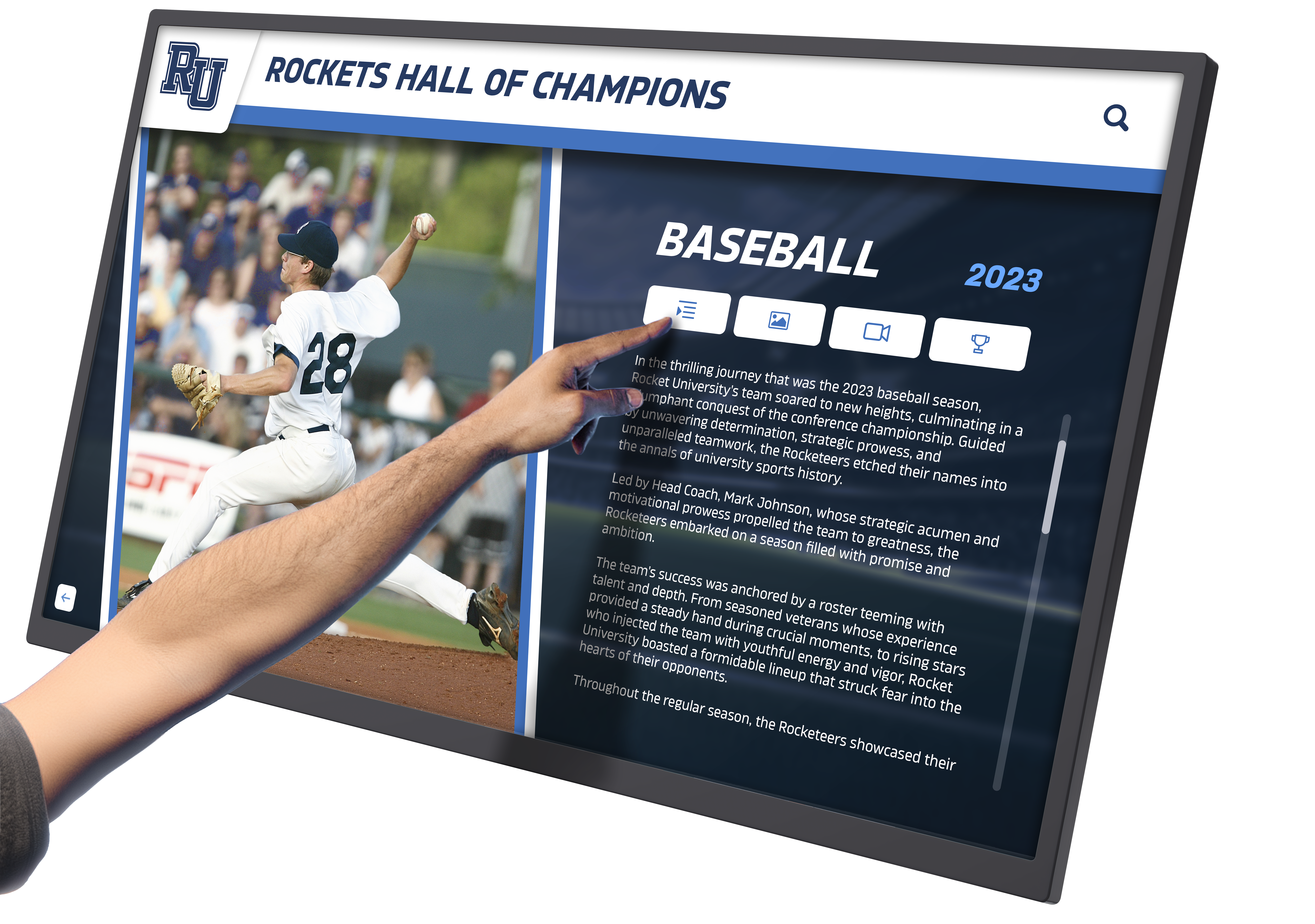
Personality and Approachability
Beyond fashion, Fowler’s laid-back personality and genuine interactions with fans distinguished him from some peers who maintained distance or projected standoffish images. He routinely engaged with galleries, signed autographs willingly, and demonstrated appreciation for fan support that created reciprocal affection unusual for athletes at the highest competitive levels.
His likability extended to relationships with fellow professionals, media, and golf industry personnel. Peers frequently cite Fowler as one of the most respected and well-liked players on tour, and this reputation enhanced his marketability while creating goodwill that served him well during career ups and downs.
Educational institutions celebrating professional athlete alumni recognize that influence extends beyond statistics and championships. As explored in resources on building school pride through athlete recognition, highlighting how alumni shaped their sports culturally and inspired future generations provides value that transcends wins and losses.
Career Challenges and the Comeback Story
Fowler’s career hasn’t followed a linear upward trajectory—he has faced significant challenges and extended struggles that tested his resilience and competitive spirit.
The Victory Drought (2019-2023)
Following his Phoenix Open victory in February 2019, Fowler entered a four-year winless drought that represented the most challenging professional period of his career. During these years, he fell in world rankings from top-10 status to outside the top 100, missed cuts in major championships, and faced questions about whether his elite competitive days had passed.
The drought stemmed from multiple factors including swing changes that initially regressed performance before improvements could manifest, injuries that limited practice and competition, loss of confidence following extended struggles, and the natural competitive cycles that affect all professional athletes across lengthy careers.
Many observers wrote off Fowler’s chances of returning to elite status. Golf history is filled with talented players whose careers declined in their late 20s and early 30s, never to recapture previous heights. The combination of physical demands, mental pressure, and constant emergence of younger talent makes sustained excellence extraordinarily difficult in professional golf.
Rebuilding and the 2023 Comeback
Rather than accepting decline, Fowler committed to rebuilding his game through swing modifications, equipment changes, mental skills development, and physical conditioning improvements. This process required patience, acceptance of short-term struggles, and faith that long-term changes would eventually produce results—qualities many struggling professionals cannot maintain.
The 2023 season demonstrated that Fowler’s commitment to improvement was paying off. Beyond his victory at the Rocket Mortgage Classic, his historic 62 in the first round of the U.S. Open and consistent contention throughout the year proved that reports of his competitive demise were premature.
Fowler’s comeback resonated particularly with fans who had supported him through lean years. The victory drought made his return to the winner’s circle more emotionally significant than victories during his peak years, and the perseverance required to rebuild after extended struggles added depth to his career narrative.
This redemption arc demonstrates important lessons about athletic careers—that challenges are inevitable, that decline isn’t necessarily permanent, and that resilience and commitment to improvement can restore excellence even after extended periods of struggle. These lessons prove valuable for current student-athletes facing their own adversity and seeking inspiration from professional athlete career stories.
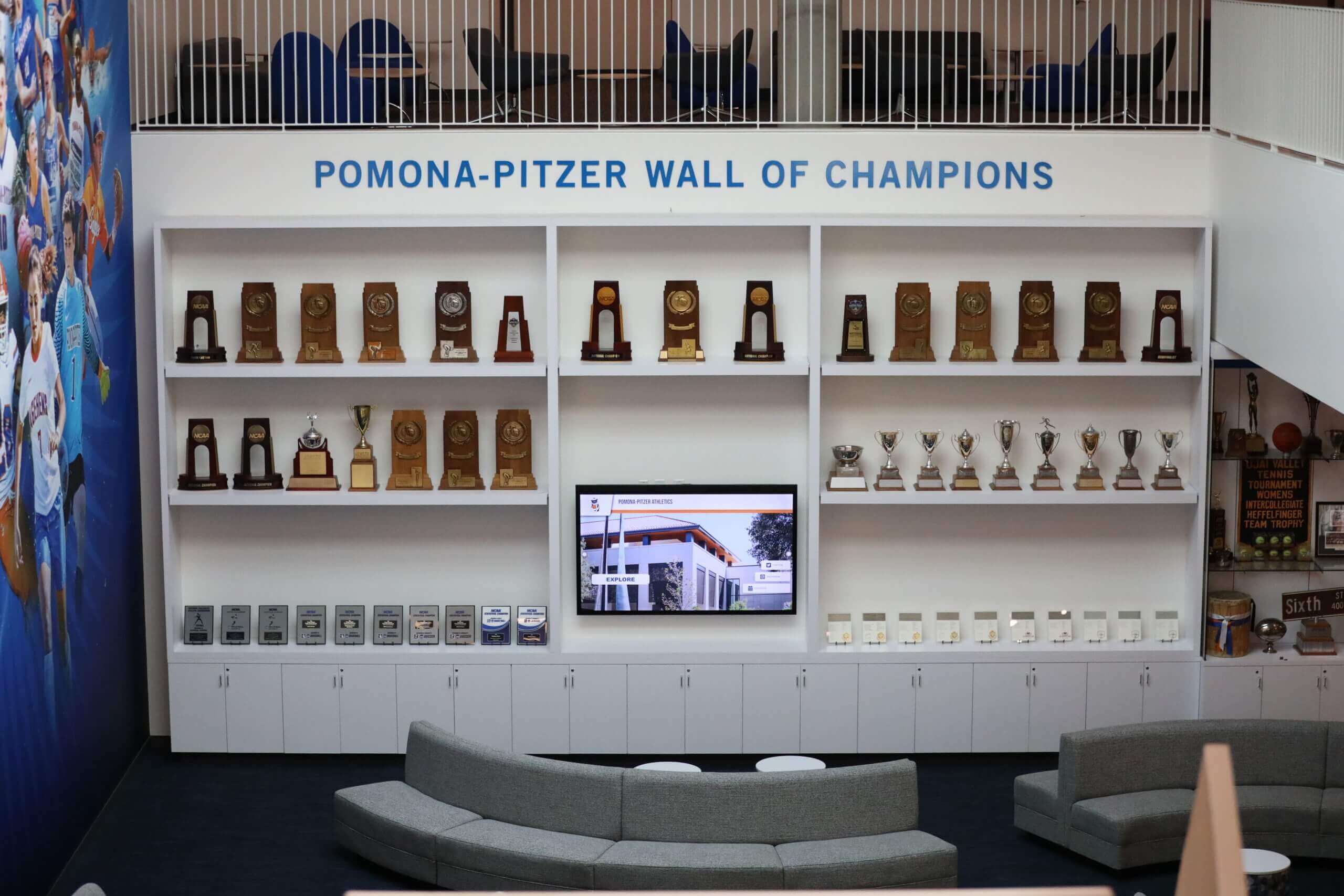
Career Statistics and Achievements Summary
A comprehensive view of Rickie Fowler’s career through October 2025 includes:
PGA Tour Victories: 6 wins including The PLAYERS Championship (2015), demonstrating his ability to win elite events against the strongest fields
Major Championship Performance: Runner-up finish at 2018 Masters, multiple top-5 finishes across all four majors, and the historic feat of finishing top-5 in all four majors in 2014
World Ranking Peak: Reached as high as No. 4 in the Official World Golf Ranking (January 2016), establishing him among the world’s elite players during his peak years
Ryder Cup Record: Five appearances (2010, 2014, 2016, 2018, 2023) representing the United States in golf’s most pressure-packed team competition
Presidents Cup Record: Three appearances (2015, 2017, 2019) further demonstrating sustained excellence at levels required for team selection
Career Earnings: Over $52 million in official PGA Tour earnings with total career earnings exceeding $65 million including bonuses and additional programs, according to sports compensation tracking sources as of early 2025
Amateur Accomplishments: World Amateur No. 1 ranking for 36 weeks, two-time Ben Hogan Award winner, NCAA Championship with Oklahoma State, and undefeated 4-0 Walker Cup record
These statistics demonstrate sustained excellence across amateur and professional careers spanning nearly two decades of competitive golf at the highest levels.
The Oklahoma State Connection and Alumni Recognition
Fowler’s relationship with Oklahoma State University remains strong long after his playing days in Stillwater concluded, illustrating how educational institutions benefit from celebrating professional athlete alumni.
Ongoing Engagement With the Program
Fowler maintains visible connections to Oklahoma State golf through financial support, mentorship of current Cowboys players, participation in university events and celebrations, and promotion of the program in media opportunities. This ongoing engagement benefits both parties—the university leverages his professional success for recruiting and fundraising while Fowler maintains connections to the program that launched his professional career.
In 2018, Fowler collaborated with NBC Sports Group on a four-part documentary series called “Driven: Oklahoma State Cowboys” that showcased the program’s culture and competitive environment. This project provided national visibility for Oklahoma State golf while allowing Fowler to give back to the program that developed his talent.
Recognition in University Athletic Facilities
Oklahoma State’s athletic facilities feature Fowler prominently in recognition displays celebrating the program’s professional alumni. These displays serve multiple purposes including recruiting by demonstrating the program’s track record developing professional golfers, inspiring current student-athletes through tangible examples of achievement, engaging alumni by honoring their accomplishments publicly, and strengthening institutional pride in athletic program excellence.
Modern digital recognition systems enable comprehensive multimedia storytelling about professional athlete careers including statistics, photographs, video highlights, and personal reflections that static plaques cannot match. For programs with multiple professional alumni like Oklahoma State golf, these systems provide unlimited recognition capacity while maintaining equal prominence for all honorees regardless of when they competed.
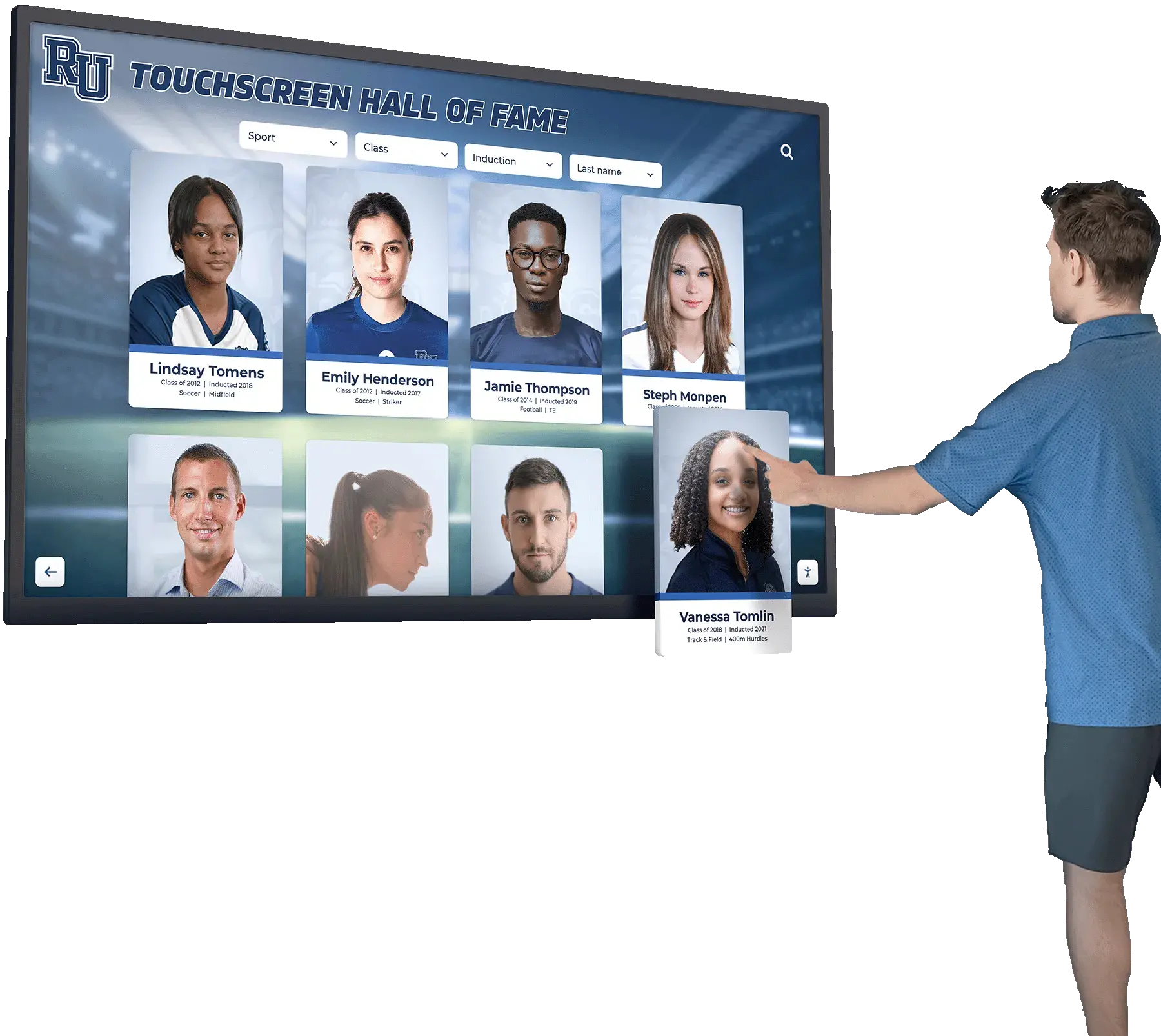
Impact on Recruiting and Program Culture
Fowler’s professional success influences Oklahoma State’s recruiting as coaches point to his career when attracting elite junior golfers evaluating their college options. The ability to say “Rickie Fowler came here and won back-to-back Ben Hogan Awards before becoming a PGA Tour champion” provides compelling evidence that Oklahoma State develops talent capable of reaching the highest professional levels.
Beyond recruiting, Fowler’s career sets standards for current Cowboys golfers who understand that their program’s recent history includes producing one of the PGA Tour’s most recognizable stars. This raises competitive expectations and creates program culture emphasizing excellence that reflects what successful alumni achieved.
Lessons From Fowler’s Career for Recognition Programs
Educational institutions implementing professional athlete recognition programs can draw several important lessons from Rickie Fowler’s career story:
Recognize Diverse Forms of Excellence
Fowler’s career demonstrates that athletic legacy encompasses more than championship totals. His cultural impact, sustained competitive excellence, international team representation, and influence on younger generations represent achievements worthy of celebration even as major championship victory remains elusive.
Recognition programs should honor diverse achievement types including championship victories, sustained excellence and longevity, cultural influence and representation, character and sportsmanship, and post-playing career contributions to sport and community. This comprehensive approach ensures that various alumni see themselves reflected in celebrated accomplishments.
Tell Complete Career Narratives
Reducing athletic careers to statistics and win totals oversimplifies complex journeys involving challenges overcome, growth through adversity, evolution across years and decades, influence beyond competition, and personal qualities that enabled achievement. Modern digital recognition platforms enable rich storytelling that captures these dimensions through multimedia content, personal reflections, career timelines, and contextual information that brings achievements to life.
Update Recognition as Careers Evolve
Fowler’s 2023 comeback after his victory drought demonstrates why recognition systems should remain dynamic rather than static. Professional careers evolve across years with new achievements, updated statistics, career progression, and changing circumstances. Digital platforms allow real-time updates that keep recognition current and relevant throughout active careers and retirement.
For institutions with professional athlete alumni, solutions like interactive touchscreen recognition displays provide the flexibility to enhance profiles as careers progress without physical construction or fabrication delays.
Connect Recognition to Current Student-Athletes
The most effective recognition programs create connections between honored alumni and current students who benefit from mentorship, career guidance, inspirational examples, and tangible evidence that their programs develop professional-level talent. Fowler’s ongoing engagement with Oklahoma State exemplifies these beneficial relationships where recognition strengthens rather than merely acknowledges alumni connections.
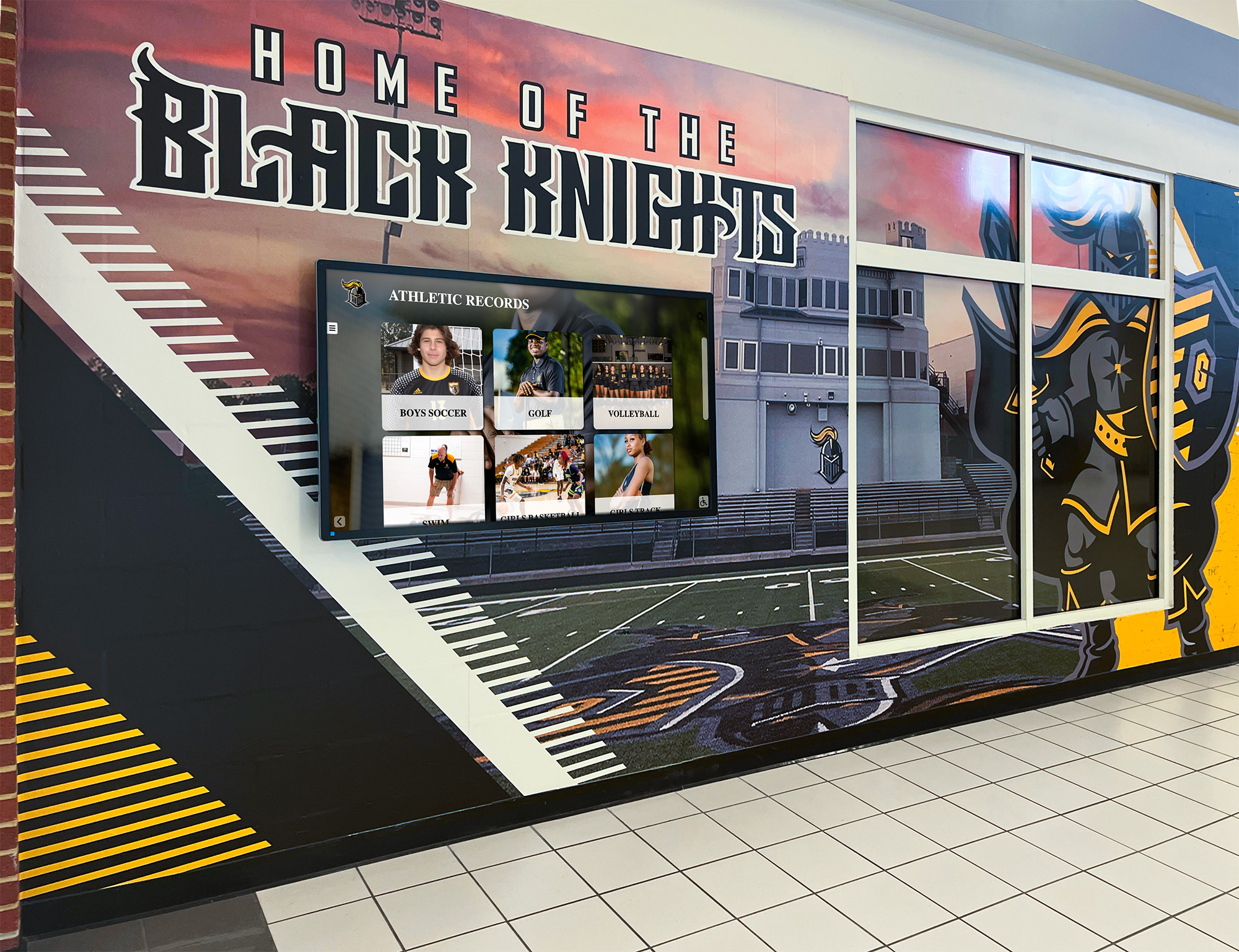
The Future: What Comes Next for Rickie Fowler
As of late 2025, Fowler enters his mid-30s with his game rebuilt and competitive fire burning after his 2023 comeback. While questions about his major championship prospects persist, his recent resurgence suggests that the final chapters of his competitive story remain unwritten.
Remaining Career Goals
Fowler has been transparent about his desire to win a major championship, acknowledging this represents the primary remaining goal for his competitive career. The 2023 U.S. Open performance and Rocket Mortgage Classic victory demonstrated he possesses the game to contend in majors if he can sustain that level across four championship rounds.
Beyond majors, Fowler likely pursues multiple PGA Tour victories, additional Ryder Cup and Presidents Cup appearances, FedEx Cup contention and potential championship, career milestone achievements, and sustained competitive relevance into his late 30s and early 40s.
Legacy Regardless of Major Victory
Even if Fowler never captures a major championship, his legacy remains secure as one of the most influential golfers of his generation. His cultural impact, sustained competitive excellence, international representation, and role in transforming golf’s image transcend major championship counts and ensure his career receives recognition alongside golf’s most accomplished professionals.
For universities and schools celebrating professional athlete alumni, Fowler’s career illustrates how comprehensive recognition honors complete athletic narratives including all dimensions of influence and achievement rather than reducing legacies to championship totals alone.
Post-Playing Career Potential
When Fowler’s competitive career eventually concludes, his personality, popularity, and communication skills position him for numerous post-playing opportunities including golf broadcasting and media, course design and development, youth golf development and instruction, charitable foundation work, and continued involvement with Oklahoma State and amateur golf.
His post-playing influence may ultimately exceed his competitive achievements as he leverages his platform and experience to shape golf’s future development in ways that championship victories alone cannot accomplish.
Conclusion: A Career Defined by Excellence and Influence
Rickie Fowler’s golf career tells a compelling story about sustained competitive excellence, cultural influence, authenticity in an often-stuffy sport, resilience through adversity, and redefining athletic legacy beyond championship counts. From his unprecedented freshman Ben Hogan Award through his historic 2014 major season to his inspiring 2023 comeback, Fowler has demonstrated elite talent while remaining true to himself and transforming golf culture for future generations.
For Oklahoma State University and other educational institutions celebrating professional athlete alumni, Fowler exemplifies the value of comprehensive recognition that honors complete career narratives including competitive achievements, cultural impact, ongoing engagement with alma mater, and inspiration provided to current students. Modern digital recognition systems from providers like Rocket Alumni Solutions enable this comprehensive storytelling through multimedia platforms that capture the full dimensions of professional athletic careers.
Whether Fowler ultimately captures the major championship that has eluded him or retires without adding his name to that elite list, his legacy remains secure as one of professional golf’s most influential figures whose impact transcended tournament results to help modernize a sport desperately needing connection with contemporary audiences. His career demonstrates that athletic excellence manifests in multiple forms and that lasting influence encompasses far more than trophy counts—lessons that recognition programs should embrace when celebrating professional athlete alumni who brought credit to their institutions through sustained excellence at the highest competitive levels.
The story of Rickie Fowler’s golf career continues to evolve, but his place in professional golf history and Oklahoma State athletic tradition is already assured through a remarkable journey from Southern California motocross enthusiast to college champion to PGA Tour star who helped transform golf itself.




































